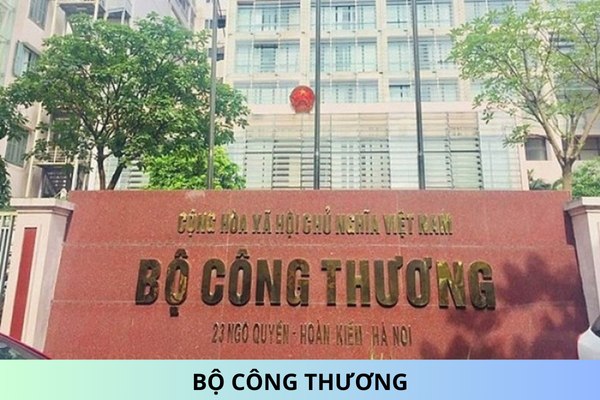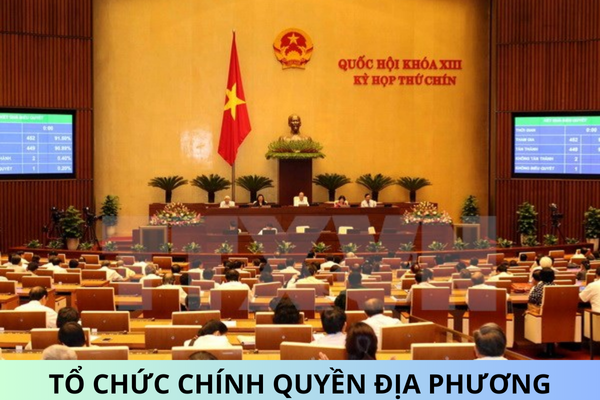What are the forms of disciplinary action for public employees? How is a public employee who receives a reprimand classified?
What are the forms of discipline for public employees?
Based on Article 15 of Decree 112/2020/ND-CP, the forms of discipline for public employees are stipulated as follows:
Forms of discipline for public employees
Applied to public employees who do not hold managerial positions
a) Reprimand.
b) Warning.
c) Dismissal.
Applied to public employees holding managerial positions
a) Reprimand.
b) Warning.
c) Demotion.
d) Dismissal.
A public employee disciplined with one of the forms stipulated in this Article may also be restricted from engaging in professional activities as per related legal provisions.
The forms of discipline for public employees include:
[1] Applied to public employees who do not hold managerial positions
- Reprimand.
- Warning.
- Dismissal.
[2] Applied to public employees holding managerial positions
- Reprimand.
- Warning.
- Demotion.
- Dismissal.

How are public employees who receive reprimands classified in terms of their quality rating?
Based on point a, clause 1, Article 15 of Decree 112/2020/ND-CP, the following provisions apply:
Forms of discipline for public employees
Applied to public employees who do not hold managerial positions
a) Reprimand.
b) Warning.
c) Dismissal.
...
Based on point c, clause 1, Article 15 of Decree 90/2020/ND-CP, as amended by clause 4, Article 1 of Decree 48/2023/ND-CP, the following provisions apply:
Criteria for rating the quality of public employees as not completing tasks
Public employees who do not hold managerial positions and meet one of the following criteria will be rated as not completing tasks:
a) Exhibiting signs of degradation in political ideology, ethics, lifestyle, self-evolution, and self-transformation as evaluated by the competent authority;
b) Failing to achieve more than 50% of the criteria regarding the results of task performance according to the signed working contract, the planned objectives, or the specific assigned tasks in terms of progress, quality, and efficiency;
c) Having violations that are disciplined within the evaluation year;
Public employees holding managerial positions and meeting one of the following criteria will be rated as not completing tasks:
a) Exhibiting signs of degradation in political ideology, ethics, lifestyle, self-evolution, and self-transformation as evaluated by the competent authority;
b) Failing to achieve more than 50% of the criteria regarding the results of task performance according to the signed working contract, the planned objectives, or the specific assigned tasks in terms of progress, quality, and efficiency;
...
Therefore, a public employee who receives a reprimand will be rated as not completing tasks.
How is the severity of a public employee's violation determined?
Based on Article 6 of Decree 112/2020/ND-CP as amended by Clause 5, Article 1 of Decree 71/2023/ND-CP, the disciplinary actions for violations are as follows:
Disciplinary actions for violations
- Officials and public employees who violate the regulations on the obligations of officials and public employees; the prohibitions for officials and public employees; the rules and regulations of agencies, organizations, and units; violating ethics, lifestyle, or breaking the law during duty performance, or any other behavior related to professional activities, will be subject to disciplinary action within their party, organization, or unit, and administrative discipline.
2. The severity of the violation is determined as follows:
a) Less serious violations are actions with minor consequences, internal impacts, and an effect on the reputation of the agency, organization, or unit.b) Serious violations are actions with significant consequences, external impacts, negative public opinion among officials, public employees, and citizens, reducing the reputation of the agency, organization, or unit.c) Very serious violations are actions with very significant consequences, impacting the whole society, causing strong negative public opinion among officials, public employees, and citizens, and destroying the reputation of the agency, organization, or unit.d) Particularly serious violations are actions with extremely significant consequences, having a deep and wide-ranging impact on society, causing extreme negative public opinion among officials, public employees, and citizens, and entirely destroying the reputation of the agency, organization, or unit.Therefore, the severity of a public employee's violation is determined as follows:
- Less serious violations are actions with minor consequences confined internally, affecting the reputation of the agency, organization, or unit.
- Serious violations are actions with significant consequences, impacting externally, causing negative public opinion among officials, public employees, and citizens, and reducing the reputation of the agency, organization, or unit.
- Very serious violations are actions with very significant consequences, impacting the whole society, causing strong negative public opinion among officials, public employees, and citizens, and destroying the reputation of the agency, organization, or unit.
- Particularly serious violations are actions with extremely significant consequences, having a deep and wide-ranging impact on society, causing extreme negative public opinion among officials, public employees, and citizens, and entirely destroying the reputation of the agency, organization, or unit.
Respectfully!










